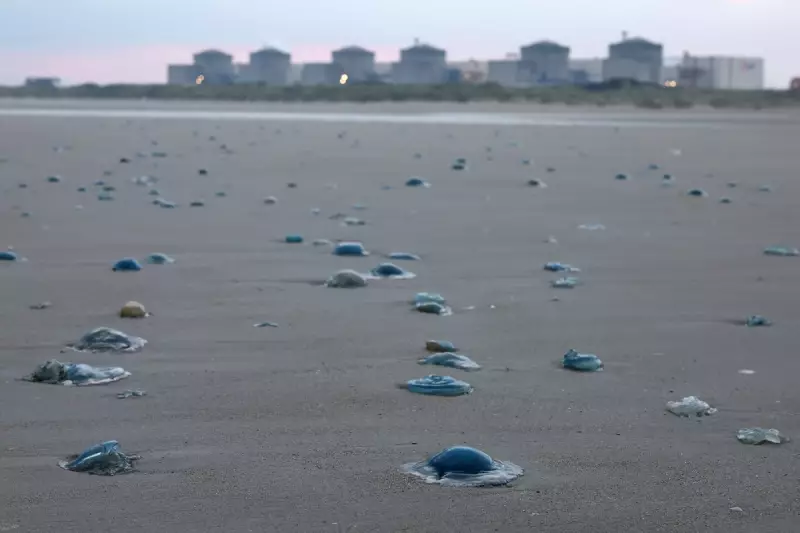
A nuclear power station in France has been temporarily shut down after an invasion of jellyfish clogged its cooling systems. The incident highlights the growing challenge marine life poses to critical energy infrastructure.
Marine Menace Strikes Again
The latest incident occurred at the EDF-operated plant in Gravelines, northern France, where massive numbers of jellyfish overwhelmed intake pipes used to draw seawater for cooling reactors. This marks the third time in recent years that jellyfish have disrupted operations at the facility.
Why Jellyfish Love Nuclear Plants
Experts explain that nuclear power stations are particularly vulnerable to jellyfish blooms because:
- The warm water discharged by plants attracts marine life
- Intake systems provide perfect conditions for jellyfish to accumulate
- Climate change may be increasing jellyfish populations
EDF technicians worked through the night to clear the gelatinous obstruction and restore normal operations.
A Recurring Global Problem
This isn't an isolated incident. Similar jellyfish-related shutdowns have occurred at:
- A Swedish nuclear plant in 2013
- Scottish power stations in 2011
- Japanese facilities following the Fukushima disaster
Marine biologists warn that such events may become more frequent as ocean temperatures rise and jellyfish populations expand.
Balancing Energy Needs and Ecology
The incident raises important questions about how to protect critical infrastructure while maintaining healthy marine ecosystems. Some solutions being explored include:
- Specialised filtration systems
- Jellyfish early warning networks
- Alternative cooling technologies
For now, the Gravelines plant remains on alert for further marine invasions as summer temperatures peak.





